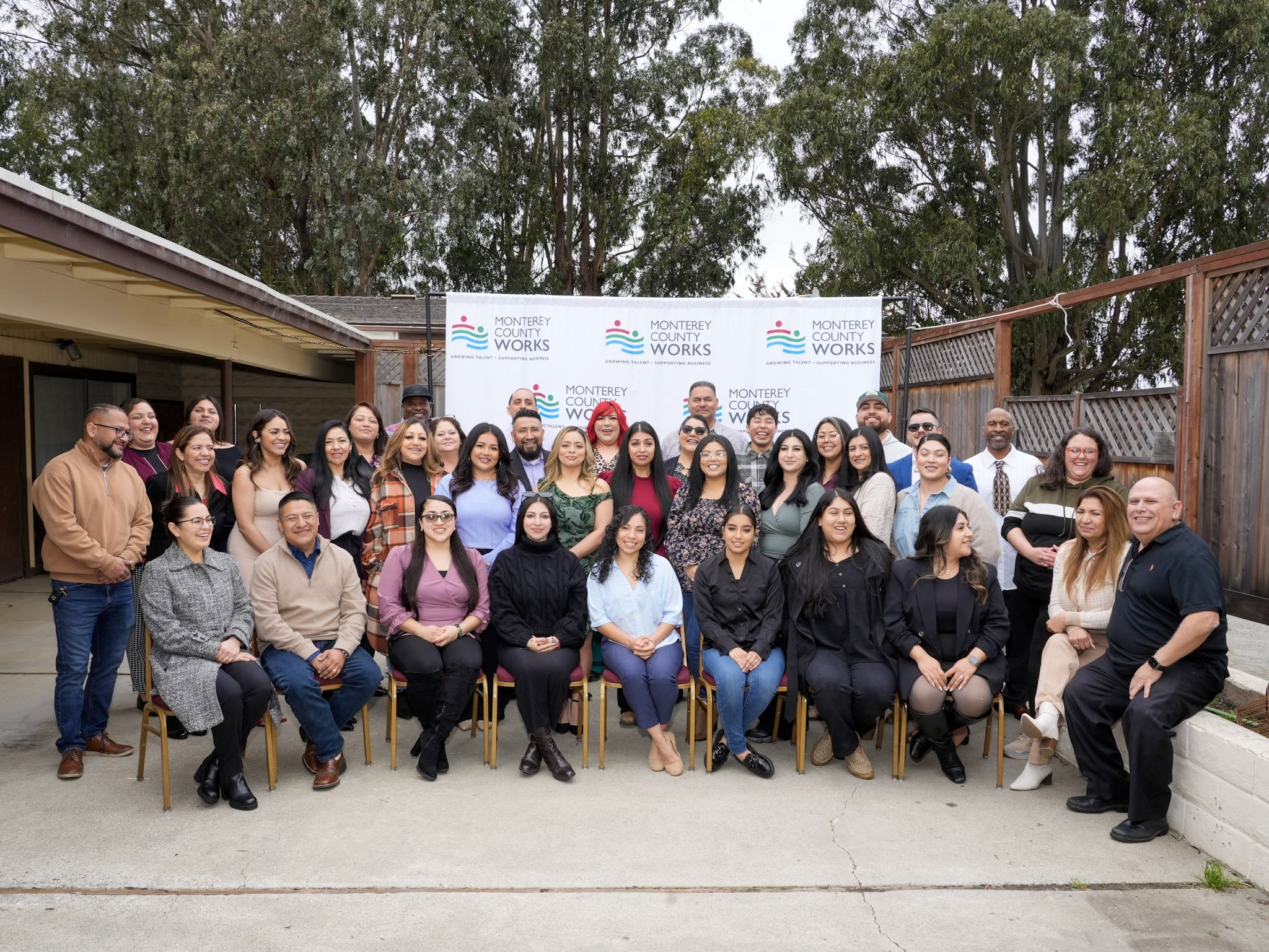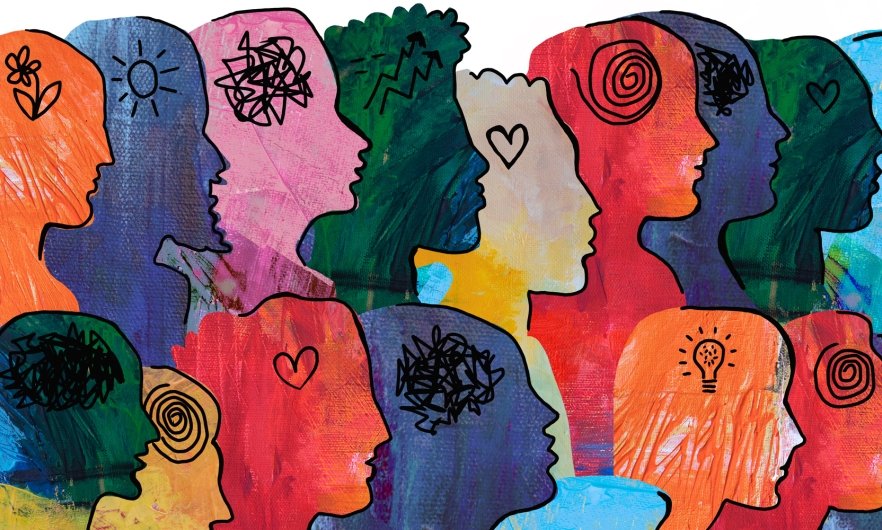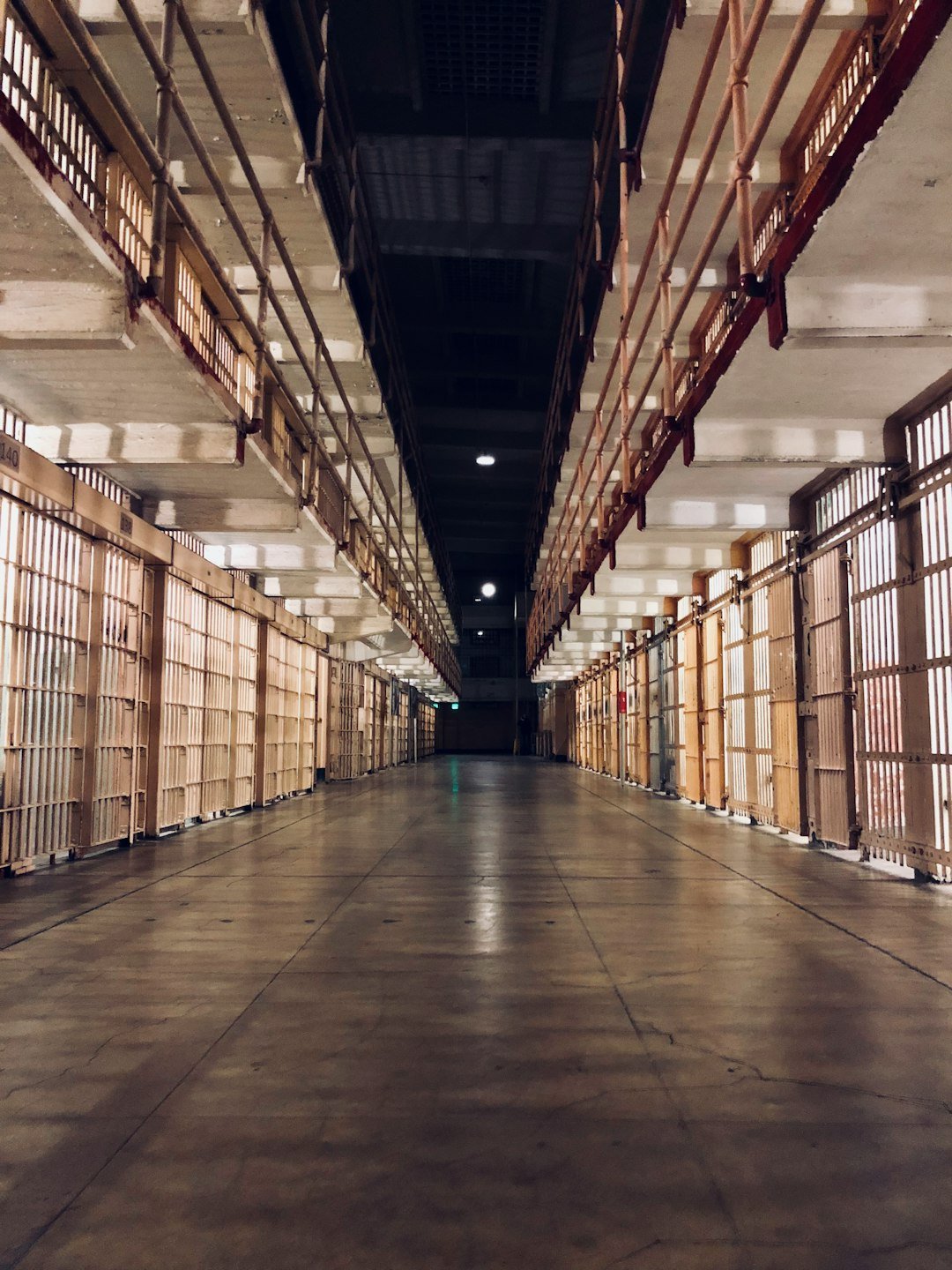ABOUT OUR ORGANIZATION
Our nonprofit was Founded by L. Mitchell, RN and D. Bouie in June 2022, with the aim of helping people in our community that are underserved and in need of help, from the homeless, the previously incarcerated, to all others who are at-risk!
We have been a client of CSUMB’s IIED Program since 2023, and we are seeking a building for our proposed Shelter/(LTORR) Transitional Reentry Program for CDCR Parolees, and others who are substance abusers, or are homeless, or are on probation, that local and State Law Enforcement contractually sends to us, to attend our future, various self-help programs!
Mission / Focus / Goals
Our organization’s mission, focus and goal is to provide the homeless, and underserved at-risk people in our community, with basic financial education and health education and self-help counseling.
We have become a client of (CSUMB) California State University Monterey Bay’s (IIED) Institute for Innovative and Economic Development program. We are also community partners with CSUMB’s Service Learning Institute, where we support students who are looking to serve their communities!
When our organization becomes contracted with Central Coast Alliance for Health we will be able to accept “Medi-Cal Members” and provide the CHW and PSS services listed below.
Re-entry Goals
Our nonprofit is led by a former incarcerated individual, with lived experiences and that can effectively support parolees. By employing a credentialed Community Health Worker, our organization addresses the holistic health needs of parolees, including physical and mental well-being, and a Certified Peer Support Specialist provides invaluable empathetic guidance and navigation through the challenges of reintegration. Our President's firsthand understanding of the criminal justice system, coupled with the CHW's ability to connect individuals with vital resources like housing, healthcare, and employment, and the Peer Support Specialist’s ability to provide emotional support, creates a powerful support system. This combination allows our nonprofit to offer comprehensive assistance, fostering successful transitions and reducing recidivism by addressing the unique barriers faced by those re-entering society.
Community Health Worker!
State Credentialed Community Health Workers work in partnership with licensed providers, who may refer patients to them. They are nonclinical health professionals who work in hospitals, clinics, and community based organizations, helping people with Health Education, Health Navigation, Community Resource Connection and Individual Support and Advocacy, along with formal training, to promote mind-body recovery and resiliency.
Health Education
We disseminate accurate and accessible health information. This includes educating individuals on:
- Preventive health measures
- Healthy lifestyle choices (nutrition, exercise)
- Disease management
- Understanding health-related topics
Health Navigation
Assist individuals in navigating the complexities of the healthcare system:
- Help them find and access available resources.
- Explain medical information in a clear and understandable way.
- Facilitate connections with healthcare providers and community services.
- Helping people understand how to apply for benefits.
Commmunity Resource Connection
Bridge the gap between individuals and essential community resources:
- Connect people with food banks, housing assistance, and social services.
- Provide information on local support groups and community programs.
Commmunity Resource Connection
Bridge the gap between individuals and essential community resources:
- Connect people with food banks, housing assistance, and social services.
- Provide information on local support groups and community programs.
Individual Support and Advocacy
Offer emotional support and encouragement:
- Act as a supportive listener
- Advocate for individuals' needs, helping them communicate effectively with healthcare providers and other service providers

Peer Support Specialist!
State Certified Peer Support Specialists work in partnership with licensed providers, who may refer patients to them. They are nonclinical health professionals who work in behavioral health settings with people diagnosed with mental health or substance use disorders, and use their lived experience of recovery from mental illness or substance use disorders, along with formal training, to promote mind-body recovery and resiliency.
Peer support specialist
- Offering empathy in the care provided and trust in the recovery process
- Incorporating trauma-informed care.
- Promoting self-empowerment and social connectedness
- Building community and relationships for those in recovery
- Advocating for people in recovery
- Leading recovery groups
- Mentoring and goal-setting opportunities
- Developing resources, sharing resources and building skills
- Educating the public and policymakers

Support for the Previously Incarcerated!
We provide support and many different services to people who were recently incarcerated and released, helping them re-intergrate into society in various different ways
Reentry Support and Navigation
We offer assistance with:
- Securing housing
- Finding employment
- Accessing healthcare and mental health services (utilizing our CHW and Peer Support Specialist credentials)
- Connecting with community resources
- Helping with understanding and navigating probation and parole requirements
Peer Support and Mentorship
- Provide individual and group peer support, sharing our experiences and fostering a sense of hope and empowerment.
- Offer mentorship to at-risk youth, drawing on our President’s E-Book “Speaking to At-Risk Youth” book and personal journey.
- Facilitate support groups addressing specific needs, such as substanceuse recovery, trauma, and reintegration challenges
Advocacy and System Navigation
- Advocate for the rights and needs of currently and formerly incarcerated individuals.
- Assist with navigating the legal system, accessing legal aid, and addressing barriers to reentry.
- Work to reduce stigma and promote community understanding of reentry challenges.
Life Skills and Workforce Development
Provide workshops and training on essential life skills, such as:
- Financial literacy
- Communication and interpersonal skills
- Job readiness and interview skills
- Connect people with vocational training programs
Community Health and Wellness
- Utilize CHW and Peer Support Specialist credentials to provide health education and support.
- Address health disparities affecting formerly incarcerated individuals.
- Promote mental health and well-being.











